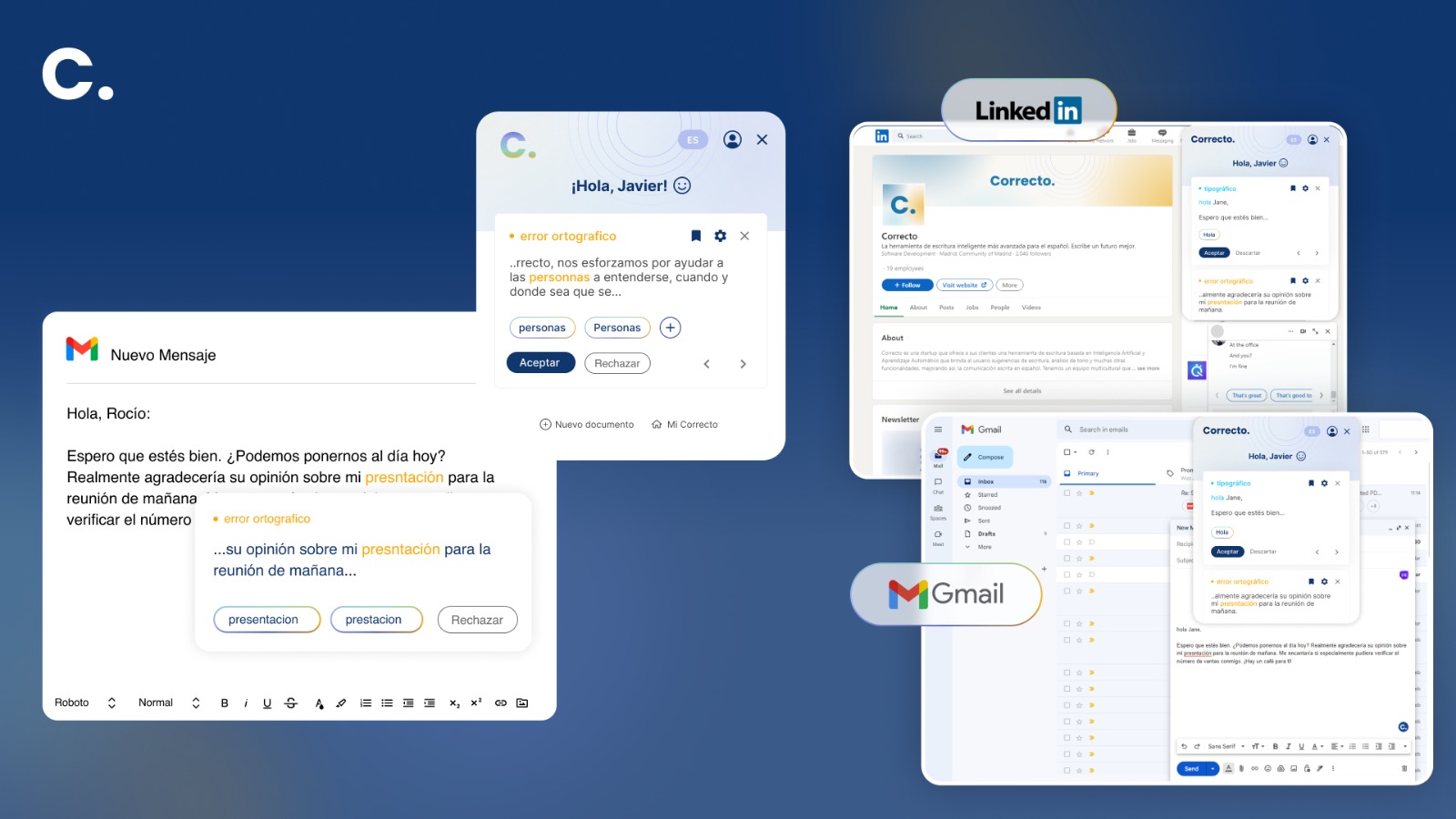Gradient, a promising startup in the field of AI app development, has announced its emergence from stealth with an impressive $10 million in funding. The funding round was led by Wing VC, with participation from Mango Capital, Tokyo Black, The New Normal Fund, Secure Octane, and Global Founders Capital. With this financial backing, Gradient aims to empower developers to build and fine-tune AI applications using large language models (LLMs) in the cloud.
Key Takeaway
Gradient has secured
0 million in funding to develop a platform that allows developers to build and fine-tune AI apps using large language models (LLMs) at scale. By addressing limitations associated with single-model approaches, Gradient enables the deployment of multiple specialized LLMs within a single system. The platform offers flexibility in deployment options and ensures that customers maintain full ownership and control over their data and models.
Addressing the Limitations of Single-Model Approaches
Chris Chang, Gradient’s CEO and co-founder, along with Mark Huang and Forrest Moret, recognized the transformative potential of LLMs such as OpenAI’s GPT-4 for the enterprise. However, they acknowledged that fully harnessing the power of LLMs requires the ability to incorporate private and proprietary data into these models. Traditionally, teams have focused on improving a single, generalist model, but Gradient believes that this approach inevitably leads to trade-offs in task-specific performance.
With this in mind, Gradient has developed a platform that simplifies the deployment and fine-tuning of specialized LLMs at scale. By running in the cloud, organizations can seamlessly integrate thousands of LLMs into a single system. The platform enables customers to avoid training LLMs from scratch by hosting a range of open-source models, including Meta’s Llama 2, which can be fine-tuned according to specific needs. Gradient also offers industry-specific models tailored to sectors such as finance and law.
Flexible Deployment Options and Full Data Ownership
Gradient provides two deployment options for its customers. Firstly, models can be hosted and served through an API, similar to established AI infrastructure providers like Hugging Face and CoreWeave. Alternatively, Gradient can deploy AI systems within an organization’s public cloud environment, whether it be Google Cloud Platform, Azure, or AWS. In both cases, customers retain full ownership and control over their data and trained models.
Standout Features in a Competitive Landscape
While there are certainly other startups and companies engineering tools for pairing LLMs with in-house data, Gradient differentiates itself by enabling the productionization of multiple models simultaneously within a single platform. Moreover, Gradient aims to be affordable and transparent, pricing its platform based on usage, ensuring that users only pay for the infrastructure they utilize.
Despite the competition, Gradient is poised to benefit from the rapidly growing interest in generative AI, particularly LLMs. With a substantial portion of global VC funding being channeled into the AI sector, Gradient’s innovative platform is well-positioned to cater to the increasing demand for complex AI systems that leverage expert LLMs.

























